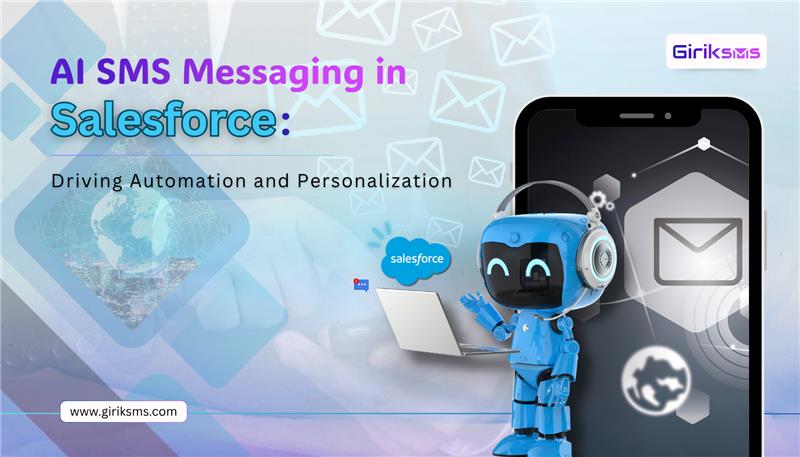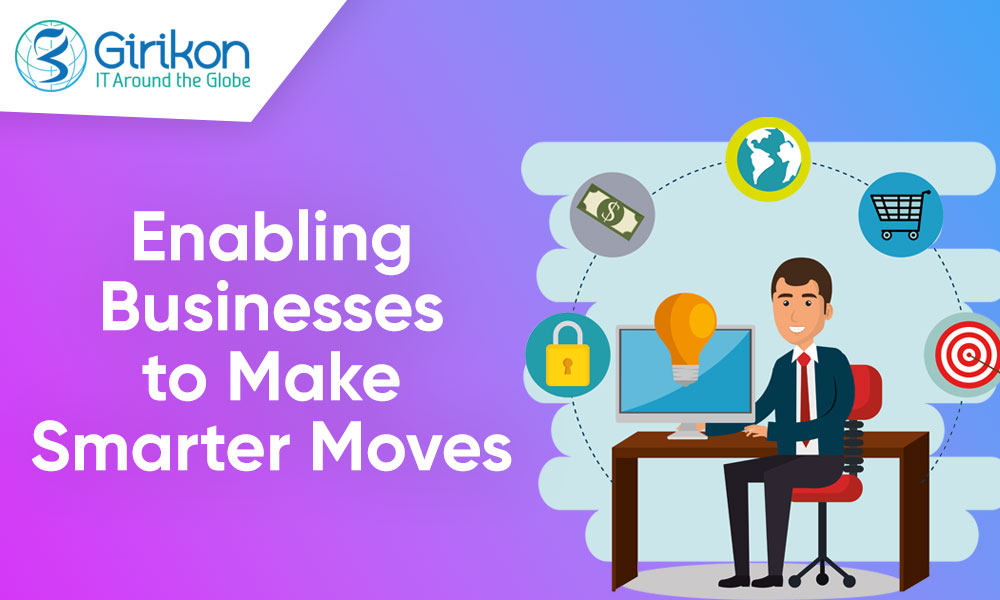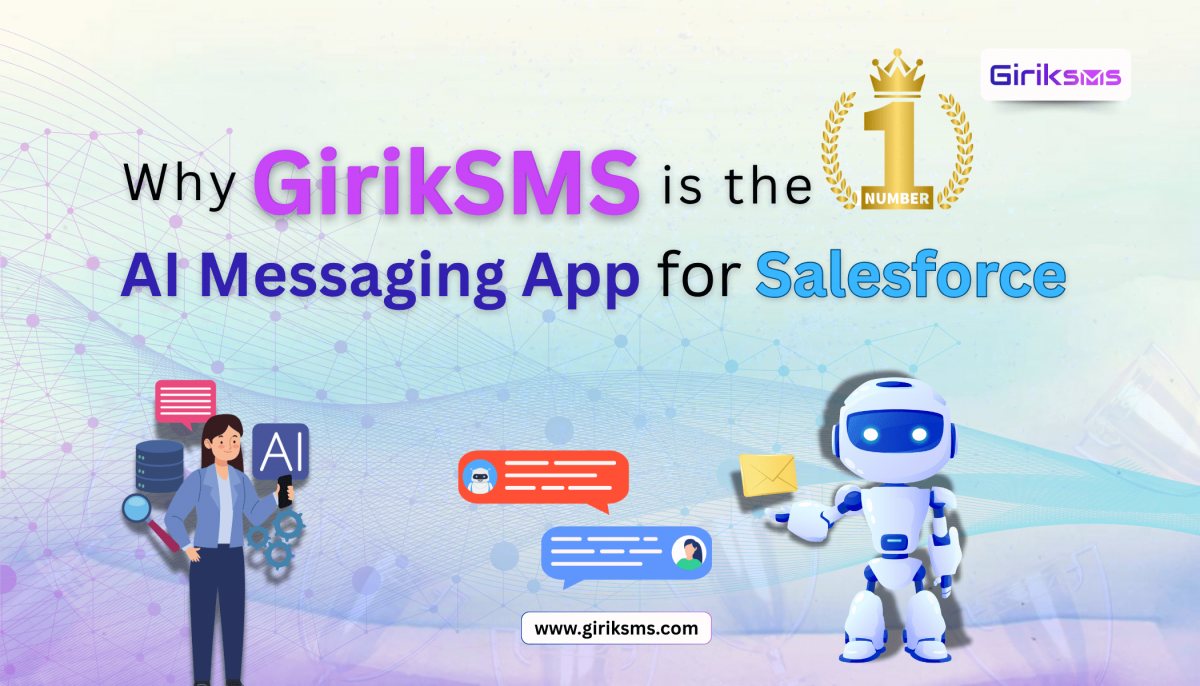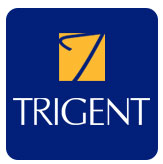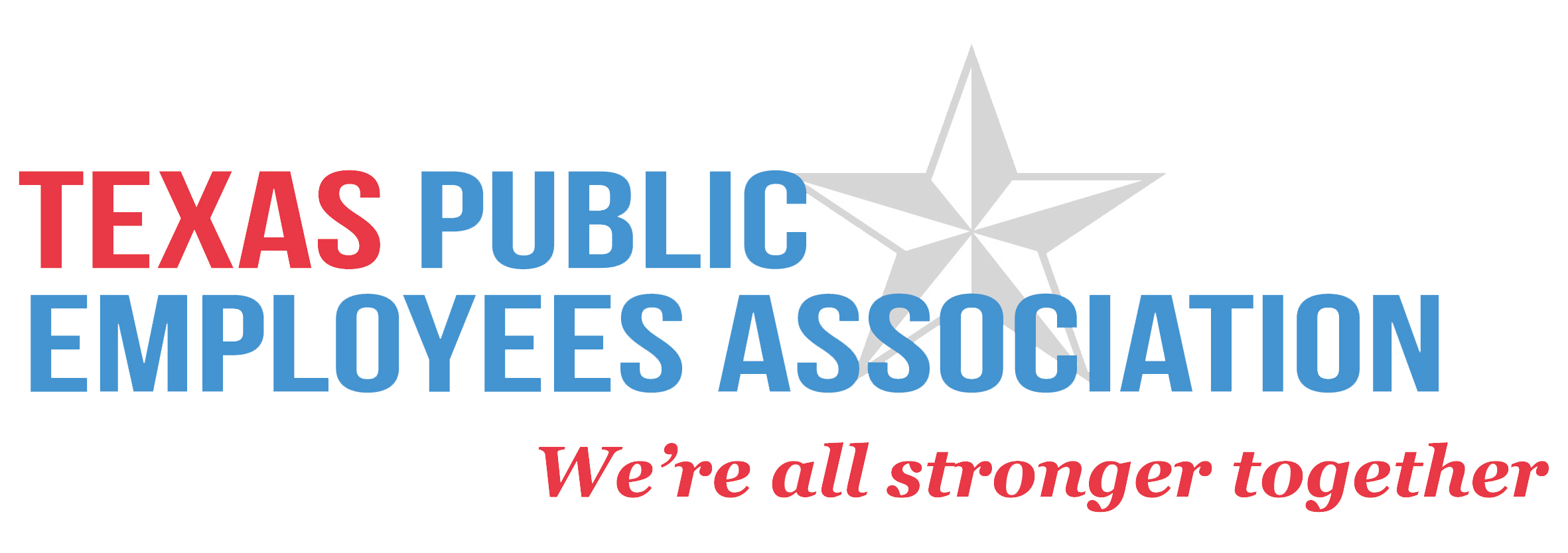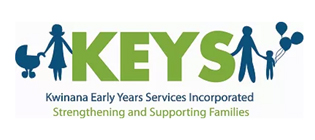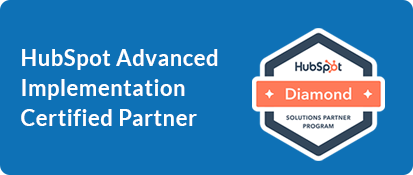Our Blogs
Background
PERSUASIVE, ENGAGING PERSONALIZATION
Personalization involves communicating with buyers in a precise way so as to address their immediate needs and preferences and also to engage with them for their longer-term interests and aspirations. The advantage of personalization is that it empowers businesses with the ability to deliver additional value to customers on top of the products and services they sell. That value can accelerate customers' purchasing cycles, overcome challenges, assist in preparation for the next challenge. Personalisation can be delivered in many ways such as tips and recommendations, hacks, best practices, references, connections, contextual communities, and insights and updates. All of this can be delivered contextually as per the commercial offerings, provided the business truly understands the immediate needs and long term aspirations of every customer. Consequently, personalization can position a brand as more than just a problem solver. It can uplift the relationship to one of a partner or guide which makes the relationship more fruitful for both parties.

Personalization applies not only to contextually driving individual interactions but to manage and sustain continuity across all touchpoints. It entails the capacity to identify a person, understand their present as well as past behavior and attributes, compare them with similar people, and intelligently determine their best next step in real time. That means marketers need to extend their capabilities from just optimizing separate contextual moments to optimizing a connected journey, not just within the scope of marketing, but beyond it. It also requires the personalization solution be able to aggregate, analyze, and activate data from anywhere to manage and support interactions in real time everywhere.
Personalization can be applied to every interaction irrespective of where it occurs such as a website, social forum or app, a sales or support call or an online order, or a billing inquiry. And although these interactions may all be with the same customer, they are usually delivered by processes in separate departments. The end result is that the customer's data gets distributed in a disconnected way and fails to keep up with the customer as they move through their journey. Without a unified view of all the customer's activity across all touchpoints, it is not possible for these individual departments to behave as one to deliver continuously evolving customer experiences.
Use Cases for Personalization
|
B2C |
B2B |
Both |
|
Identity-based marketing through sophisticated profiling and group analysis |
Account-centric targeting with dynamic custom content and offers |
Dynamic content across channels -web, email, social, and mobile apps created on real-time linking of identity, content, behaviour, |
|
Deliver dynamic content to boost engagement and |
Opportunity-centric campaigns to further drive account-based marketing efforts |
Notifications and alerts on orders and offers synchronised across |
|
One-time buyer re-engagement with |
Upsell and cross-sell opportunities for marketing, sales, and service |
Optimization of pricing and offers based on |
|
App installation, activation, tracking usage and app enhancement |
AI-based next best action based on proclivity to close |
Predictive churn reduction and post-churn re-engagement |
|
Loyalty-based incentives based on potential lifetime value and past interactions |
Drive engagement with content by improving relevance to the account |
Customer self-service to promote a dynamic experience instead of a static help and support repository or FAQs |
Customer Experience Orchestration Services
Data silos limit the ability of a brand to deliver continuous multi-channel engaging experiences to demanding customer. Customers, and specifically prospects, will look for superior and more enriched experiences elsewhere because there is no hopping cost in the digital world. Consequently, brands need to re look at their approach to point of sale automation based on customer experience, which requires holistic management of data, processes, and interactions across touchpoints instead of automation based on individual tasks. This approach results in application-centric infrastructure development that sets the stage for the new era of enterprise architecture that is designed around a set of end-to-end shared services for choreographing a new and enriched customer experience.
Data Is Fundamental to Personalization
Your customers are not having disconnected experiences; and neither should their data. Data has the ability keep up with customers in real time, reciprocatively. But it can do so only when it's delivered on a technology infrastructure that is connected while sharing common data architecture and analytics. Most enterprises today, whether small or large, are struggling with disparate and disconnected customer data. If it is not available in proprietary systems, it is designed around departmental-specific needs, not the customer. If key attributes of the customer relationship are fragmented, personalization becomes a big challenge and it becomes to execute on an end-to-end customer engagement initiative. Personalization requires a central repository for customer data irrespective of the source or format of data, volume, or rate of acquisition. Customer Data Platforms have emerged as popular technology tools of the data ecosystem that can accomplish most of the data aggregation, analysis, and activation. Consequently, over the past few years, marketing technology investment is on the data and analytics layers is on the increase to consolidate, analyze, and activate customer data from all available sources.
Personalization Is an input-output Process
It is essential that marketers extend their understanding of personalization as an input/output relationship with the customer. If marketers emphasise on the output side of the interaction, they would miss the part that upsets customers the most such as data privacy, and protection issues. Each time a personalised message is delivered, it reveals something that you know about your customer. After doing all the hard work of data collection, consolidation, analysis, content creation, and delivery, the last thing you want is for your customer to feel suspicious about what you know about them and how you got hold of that information.
Marketing Cloud Personalisation
Marketing Cloud Personalisation from Salesforce empowers you to effortlessly deliver personalised experiences across channels in real time, increasing engagement conversion rates and boosting customer loyalty. With Marketing Cloud personalisation, you acquire an in depth understanding of each of your customers and prospects, who they are how they interact with your business. You get a deep understanding of what their interests are, and you can then use that information with Einstein for deeper personalisation at scale. As customers interact with your digital assets, all of their activity including anonymous behaviour is collected in real time linking offline attributes and activity such as on premise interactions with online activity. And Marketing Cloud personalization decodes the customers engagement patterns to understand the true interests and objectives, storing all that information in a unified profile that is actionable. Use easily configurable Artificial Intelligence to figure out and deliver the most relevant experience to customers automatically. Marketing Cloud personalization factors in everything you know about the prospect in real time context, and you can combine it with other engagement tools like journey builder, to deliver the next best action, offer, or message at the right time on the right channel. Encourage customers to take action based on this interaction, and then reengage them in a relevant and helpful way proving a seamless, personalised experience at every step of their journey. Salesforce's real time personalisation and interaction management solution is delivering value for companies across industries everyday.
Treat every customer as a unique individual.
Deliver personalized content and offers with real-time and historical data to each and every customer.
Deliver personalized web experiences.
Optimize your website with content to deliver dynamic information tailored to each customer’s needs in real time.
Connect journeys across channels.
Engage your customers across channels such as email, web, call centers, social and more. Deliver automated messaging based on browsing behavious, purchase history, and stock availability alerts.
Make real-time offers that drive conversions.
Use real time data to deliver attractive product and content offers across your marketing campaigns.
Use real-time data exactly when it’s most relevant.
Reach customers at the right moment.
Deliver relevant content and value to your customers whenever they engage with you across any channel.
Automate AI-driven customer journeys.
Deliver automated intelligent, always-available customer journeys that learn and evolve as they go.
Get fast time to value.
Improve efficiency with simple implementation and faster go to market implementation. Get up and running in to time, and execute industry standard use cases out of the box.
Make personalization effective and easy.
Drive revenue with behavioural and product triggers.
Automatically notify your customers as soon as their preferred products are back in stock.
Connect to sales and service data.
Encourage customers to take action by connecting your CRM and service data.
Deliver 1-to-1 recommendations with AI.
Deliver the power of Einstein AI with real-time data, to engage deeper with customers.
Deliver smarter engagement that drives revenue.
Einstein delivers actionable recommendations for next best actions based on business value and customer preference.
Combine Alpha/Beta testing with personalization.
Launch Alpha/Beta tests and view results in real time to optimize as you go.
Design and deploy surveys for website visitors.
Use survey response data to evolve customer experiences in real time.
Personalization holds the key to realise the success of your brand whether you sell directly to customers or through a distribution network. To unlock the full potential of your personalization investment to both brands and customers, personalization should be approached in steps taking into account every use cased across the enterprise. Salesforce Interaction Studio supports many of the core capabilities for consolidating, analyzing, and activating customer data in marketing.
It will be a natural extension for existing Salesforce Customers to take advantage of those capabilities and apply them in other areas of their business. You can also take help from an entire repository of connectors and APIs if you use third party systems or a homegrown one.
With the help of a top Salesforce Consultant, you can unlock the real power of Marketing Cloud Personalisation and send your brand into overdrive. Get ahead of the competition with the world’s most complete CRM platform.

 +61-1300-332-888
+61-1300-332-888 +1-480-241-8198
+1-480-241-8198